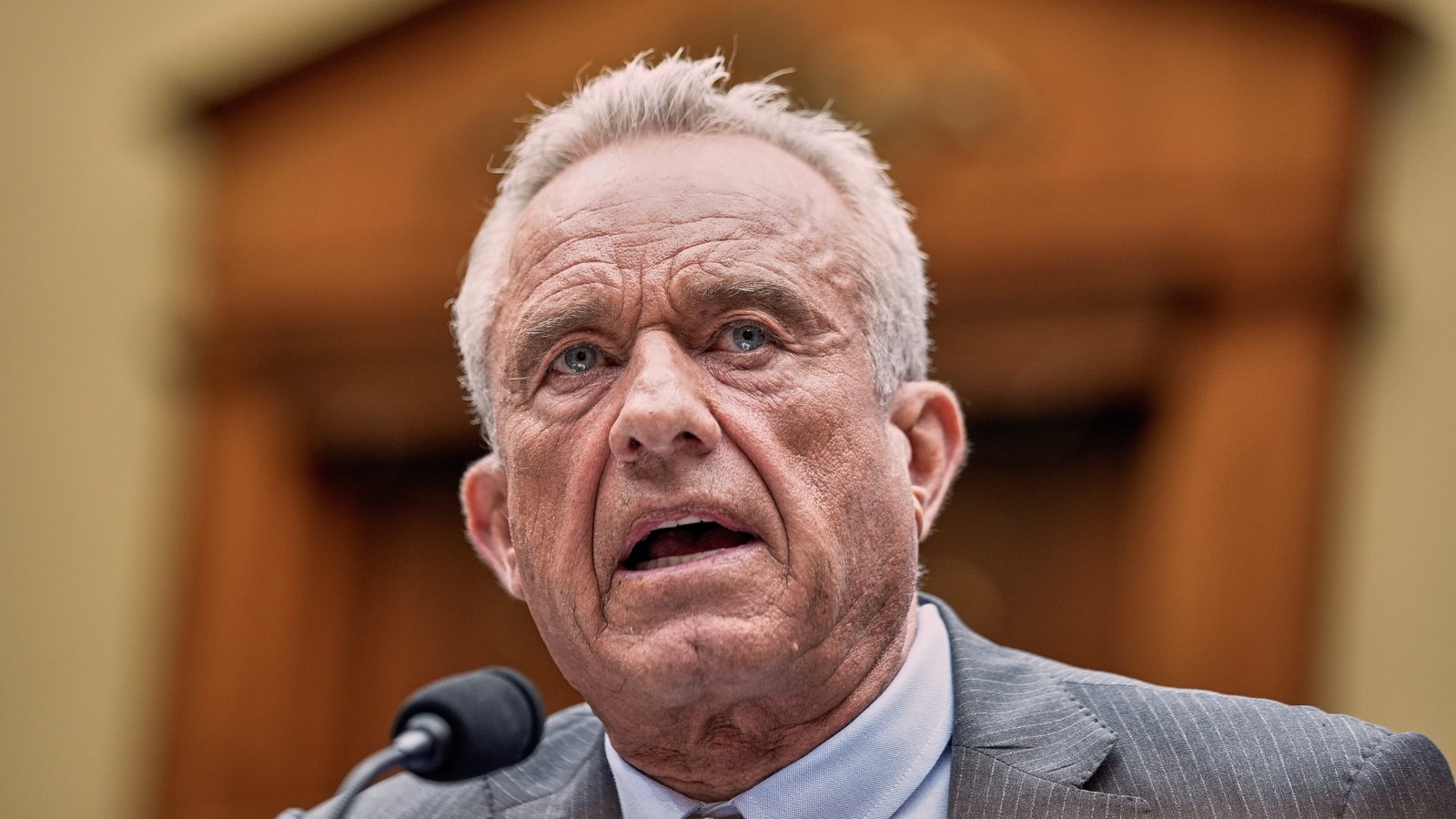Kennedy Jr. Set to Overhaul Cancer Screening Advisory Panel, Citing 'Woke' Ideology

Kennedy Jr. Targets Cancer Screening Panel, Claims 'Woke' Influence
Robert F. Kennedy Jr., nominated as the next Health and Human Services Secretary, is reportedly planning a significant shake-up of the influential task force responsible for advising on preventive health services, including crucial cancer screenings. Sources close to the matter reveal Kennedy Jr. intends to remove all existing members, citing concerns that the panel has become overly influenced by what he describes as a 'woke' ideology.
This move signals a potential shift in the direction of preventative health policy under the new administration. The task force, formally known as the U.S. Preventive Services Task Force (USPSTF), plays a critical role in determining which screenings and preventative measures are recommended for the American public, influencing healthcare providers and insurance coverage decisions nationwide.
What's the Controversy?
Kennedy Jr.'s criticism centers on the perception that the task force’s recommendations have strayed from a purely scientific and evidence-based approach, incorporating social and political factors that he believes are inappropriate for medical guidance. He’s previously voiced concerns about the panel's focus on issues related to diversity, equity, and inclusion, arguing that these considerations should not overshadow the core goal of providing effective and accessible healthcare.
Impact on Cancer Screenings
The USPSTF’s recommendations have a direct impact on cancer screening guidelines. For instance, they provide guidance on the timing and frequency of mammograms, colonoscopies, and PSA tests for prostate cancer. A revamped panel could potentially lead to changes in these recommendations, which could affect screening rates and ultimately impact cancer detection and survival rates.
Experts are divided on the potential consequences of Kennedy Jr.'s planned overhaul. Some argue that a fresh perspective could be beneficial, ensuring that recommendations are solely based on rigorous scientific data. Others warn that removing experienced members and injecting a politically charged agenda could undermine the credibility and effectiveness of the task force.
Looking Ahead
The process of replacing the existing panel members is expected to be lengthy and potentially contentious. Kennedy Jr. will need to nominate and secure confirmation for new members, a process that could be subject to political scrutiny. The composition of the new panel will be closely watched by healthcare professionals, patient advocacy groups, and the public alike, as it will shape the future of preventative health policy in the United States.
The move highlights a broader debate about the role of ideology in medical decision-making and raises questions about how to balance scientific evidence with social considerations in healthcare policy. It remains to be seen how Kennedy Jr.'s vision for the task force will ultimately impact the health and well-being of Americans.






